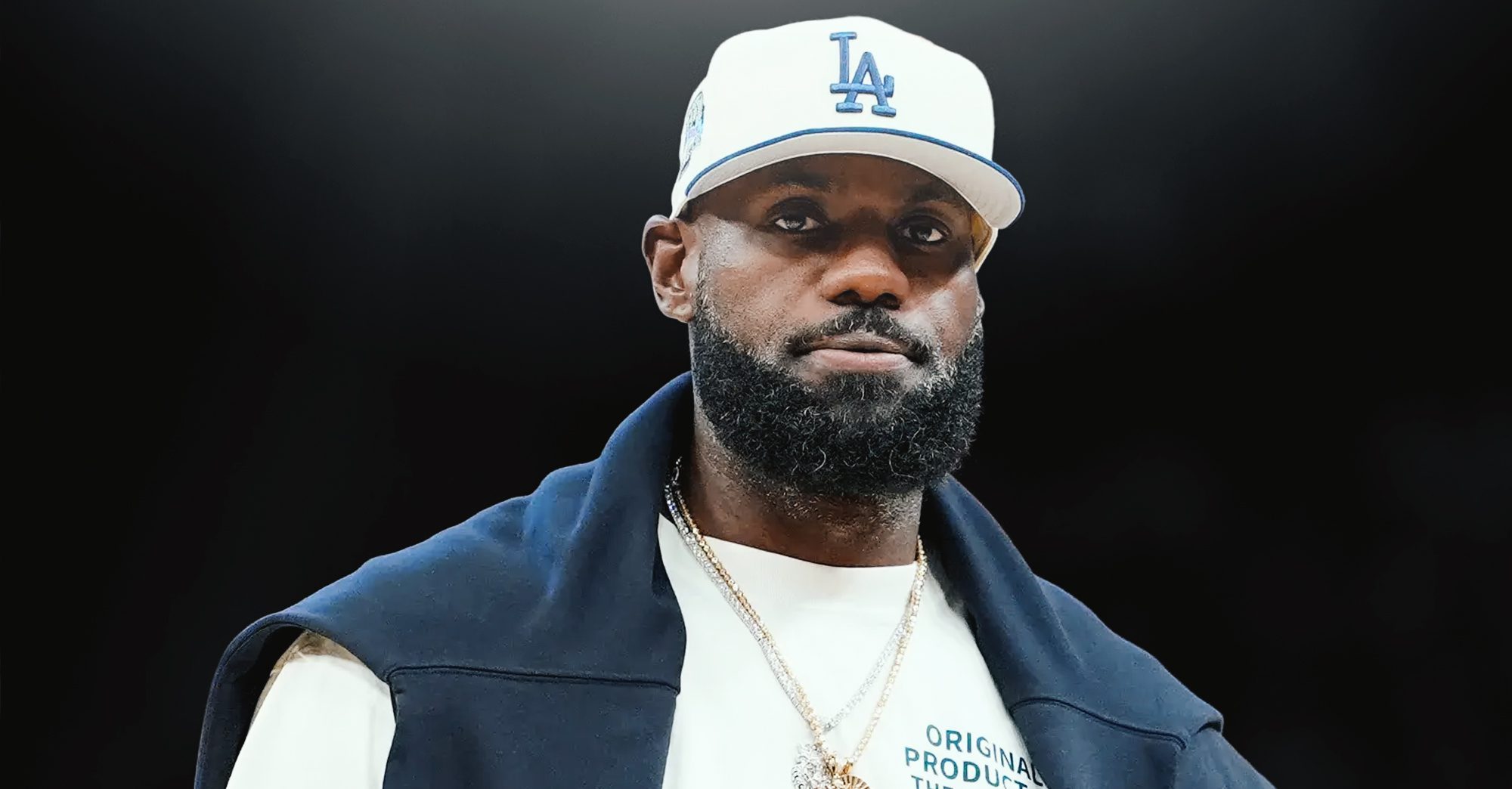[ad_1]

The NCAA Division I Council has approved legislation to allow immediate eligibility for all multi-time transfers. The decision will go before the Division I Board to formally ratified on Monday.
The organization had previously approved a blanket waiver for one-time transfers but held firm in requiring second-time transfers to sit out a year in residence. Under the new guidelines, transfers will have to remain in good standing, meeting academic eligibility and progress-toward-degree requirements in order to receive immediate eligibility. The rules don’t become official until they are ratified by the Division I Board, which will meet on Monday.
The ruling does not apply to graduate transfers, which were always granted immediate eligibility at new institutions.
The decision comes months after a federal injunction led to a temporary halt on NCAA rules requiring multi-time transfers to sit out a season, making all transfers immediately eligible. The pair of lawsuits leading to the decision were filed by West Virginia basketball player RaeQuan Battle and attorney generals from seven states. Battle, a third-time transfer, went on to play 22 games for the Mountaineers.
The NCAA is facing a number of significant lawsuits that could fundamentally shift the organization. Among them are cases to force revenue-sharing television contracts with players, declare players employees of universities, a decision on whether the NCAA can limit NIL compensation and expansion of Alston compensation.
In addition to the eligibility decision, the NCAA DI Committee passed new rules allowing universities to help athletes find NIL contracts. In exchange, athletes would be required to disclose any NIL deal of more than $600 to their schools. The rule would be a first step in the NCAA trying to create transparency for athletic departments regarding their players’ financial situation.
The ruling appears to clear the way for universities to refer players to NIL collectives without penalty. In the first known infractions ruling involving NIL, Miami faced punishment for connecting women’s basketball players Haley and Hanna Cavinder with booster John Ruiz. Under these guidelines, that connection would be legal.
Athletes would have to report NIL deals within 30 days of receiving them. The rules still forbid pay-for-play compensation and direct payment from schools.
[ad_2]



